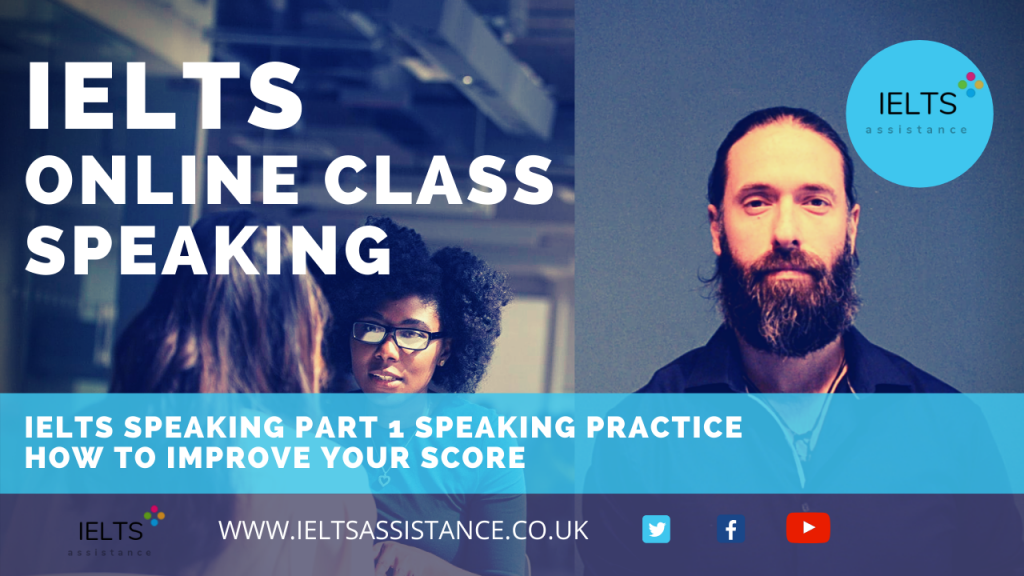Writing Task 2 Examples
Agree Disagree Question Model Example
Some people say that computers can translate languages, so children need not study foreign languages anymore. To what extent do you agree or disagree with this statement?
You should spend about 40 minutes on this task.
Some people say that computers can translate languages, so children need not study foreign languages anymore. To what extent do you agree or disagree with this statement?
Give reasons for your answer and include any relevant examples from your own knowledge or experience.
Write at least 250 words.
Model Example Answer
The advent of advanced computer technology has significantly impacted various aspects of our lives, including language translation. Some argue that because computers can now translate languages with impressive accuracy, children no longer need to learn foreign languages. However, I disagree with this notion, as there are substantial benefits to learning foreign languages.
Firstly, learning a foreign language provides cultural insights and fosters deeper understanding, which technology alone cannot offer. While translation tools can convert words and phrases between languages, they often fail to capture the nuances, idiomatic expressions, and cultural contexts embedded in language. For instance, idiomatic phrases like “raining cats and dogs” cannot be directly translated without losing their meaning. Moreover, acquiring a new language immerses children in different cultures, enhancing their global awareness and empathy. This cultural appreciation cannot be fully replicated through a computer’s translation function.
Secondly, learning a foreign language contributes to cognitive development and academic performance. Studies have shown that multilingual individuals exhibit improved problem-solving skills, creativity, and cognitive flexibility. For example, bilingual children often perform better on tasks that require multitasking and attention to detail. These cognitive benefits are not derived from using translation software but from the process of actively learning and using a new language. Additionally, bilingualism can provide long-term advantages in career opportunities, as many professions value employees who can communicate in multiple languages.
In conclusion, despite the technological advancements in language translation, learning foreign languages remains invaluable. Therefore, educational systems should continue to emphasise language learning as an essential component of a well-rounded education.
Send us your writing Writing Task 2 we'll check
More Examples
Get your writing and speaking corrected
Join the ever growing group of students who we helped on the road to success and get the professional help you have been looking for.


